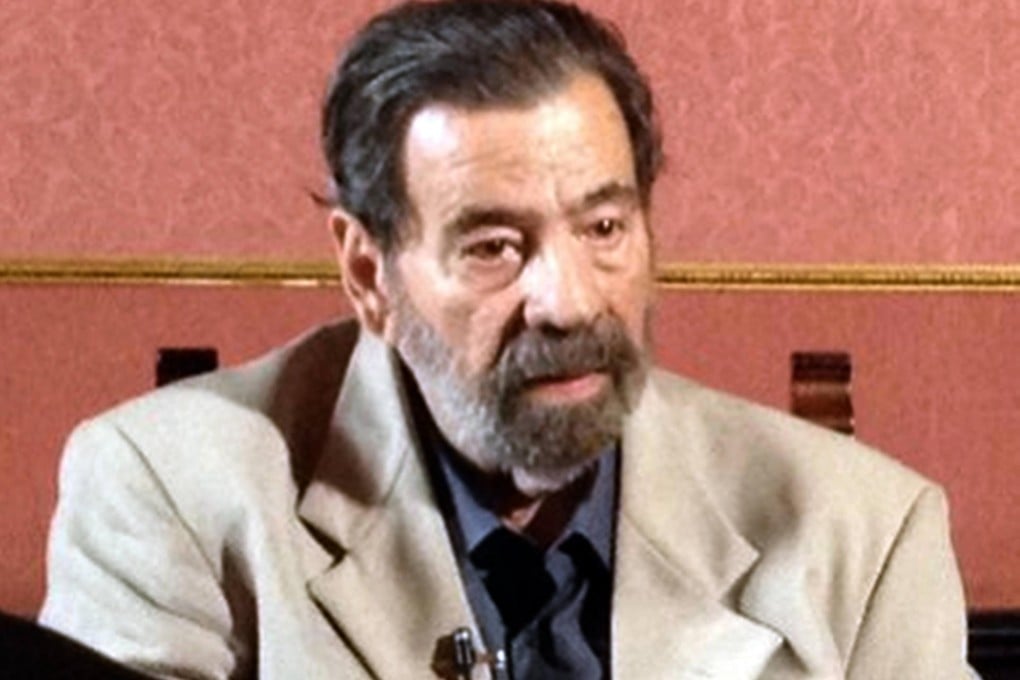Autopsy scotches rumours of murder in case of Paulo Malhaes in Brazil
Report says former military officer, 77, died of a heart attack during a robbery at his home

A retired Brazilian colonel who confessed to torturing and killing detainees decades ago has died from a heart attack during a break-in at his home, according to an autopsy report that has debunked murder conspiracy theories.
Paulo Malhaes, 77, died after three men broke into his family's suburban Rio de Janeiro home on Thursday.
The death had all the ingredients of a gripping murder mystery, fuelling speculations over whether it was a simply a robbery, a revenge killing or sinister cover-up.
But the autopsy report quoted by Brazilian media on Saturday found that Malhaes had died from "pulmonary oedema and myocardial infarction", indicating a heart attack was to blame.
The paper quoted pathologist Nelson Massini as saying that the findings appeared to rule out police suspicions that Malhaes was asphyxiated.
The commissioner in charge of the case, Fabio Salvadoretti, had said on Friday that Malhaes had been found lying on the floor with a pillow over his head with marks on his face and neck, suggesting suffocation was the cause of death.
